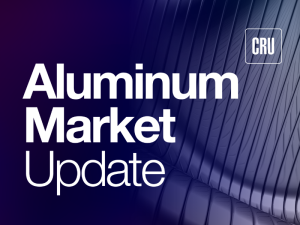
AMU: Aluminum survey shows lead times extending as undersupply expectations rise
February survey results showed notable shifts across measured lead times and sentiment.

February survey results showed notable shifts across measured lead times and sentiment.

Turbine production grew along with demand from renewable energy. Now, data centers are fueling demand for electricity derived from natural gas.
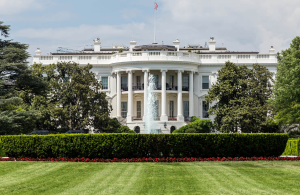
The latest 10% tariff is expected to be enacted over the next several days using Section 122.

Waiting for possibly more changes to tariffs.

Emissions rules, production limits and material substitution are reshaping steel and aluminum use in North American vehicles.

The US House of Representatives voted on a resolution on Wednesday, Feb. 11, to disapprove of President Trump's national emergency declaration that led to the imposition of tariffs on Canada.

Companies are framing 2026 around backlog, mix and production discipline rather than a uniform market recovery.
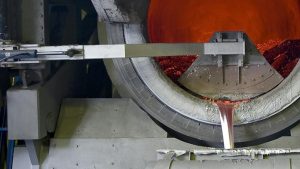
Former smelter sites have become increasingly attractive to data center developers competing for electricity to support AI.

There is no evidence that unofficial talks are taking place to secure tariff reductions on Canadian aluminum or steel. One of the biggest challenges is simply understanding what the US actually wants from Canada.
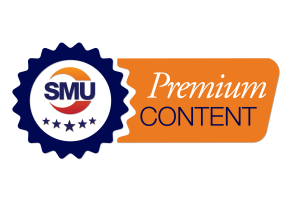
All but one of the steelmaking raw materials we track increased in price over the last month

Rising global capital and power costs, driven by China's production cap and higher-cost expansion in Indonesia, are resetting aluminum's incentive price, making higher LME levels necessary to unlock new primary capacity outside China.

As more contracts are up for negotiation in 2026, labor is poised play a larger role in operational planning at a time when trade issues and high prices also are in play.

It remains unclear how long the repairs will take, as the second fire in November damaged the hot mill’s finishing mill.

We will examine the wisdom of hedging from the perspective of both the LME and Midwest premium, and whether you are approaching the market as a buyer or a seller.

SMU and AMU are pleased to announce that Wells Fargo Managing Director Timna Tanners will be joining us for a Community Chat webinar on Wednesday, Dec. 17, at 11 am ET.

A cluster of Airbus announcements reveals how quickly the OEM is tightening and rebalancing its US supply chain.

SMU and AMU are pleased to announced that Wells Fargo Managing Director Timna Tanners will be joining us for a Community Chat webinar next Wednesday, Dec. 17, at 11 am ET.

In this exclusive interview, AMU talks with incoming CEO Ingrid Joerg about her experience and her vision for Paris-based aluminum company Constellium SE.

Recent supply constraints, price increases, shifts in EV and emissions policy, and continued innovation in steel have revived the question of whether automakers might move some applications back from aluminum to steel.

Metalforming manufacturers were mixed in their outlook, anticipating business conditions could either worsen or, at best, hold in the near-term, according to PMA's November report.
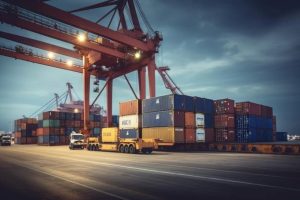
German Economy Minister Katherina Reiche expressed frustration with US levies on steel and aluminum products. The US contends the EU is unfairly targeting its big tech firms.

You may have heard about traders “canceling” metal on the London Metal Exchange and shipping it out. Here's a guide to understand that process.

Most steelmaking raw material prices remained stable over the past month. Prices are mixed in comparison to this time last year.

Edward Meir will be the featured speaker on an AMU and SMU Community Chat on Thursday, Nov. 20, at 11 am ET to discuss the latest market developments and to share his unique insights.

Contract talks for U.S. value-added aluminum products are reaching a critical stage, with billet, primary foundry alloys, and wire rod upcharges diverging as buyers and producers race to finalized 2026 pricing.

Want to know the latest on Trump, tariffs, and trade policy – and the impact on both steel and aluminum? Join Steel Market Update (SMU), Aluminum Market Update (AMU), and leading law firm Wiley for a Community Chat on Thursday, Nov. 13, at 11 am ET.

AMU's latest survey of aluminum market participants shows widening gaps in lead times, with extrusions lengthening dramatically.

President Trump’s decision to suspend trade negotiations with Canada has crushed short-term expectations of any relief for Canadian producers or the US Midwest P1020 premium.
Cliffs said it successfully completed a defect-free trial production of exposed steel parts using aluminum-forming equipment in collaboration with an unnamed OEM,
The steelmaker released updated extras to customers on Oct. 15, marking the second adjustment in just six weeks following their early September revision